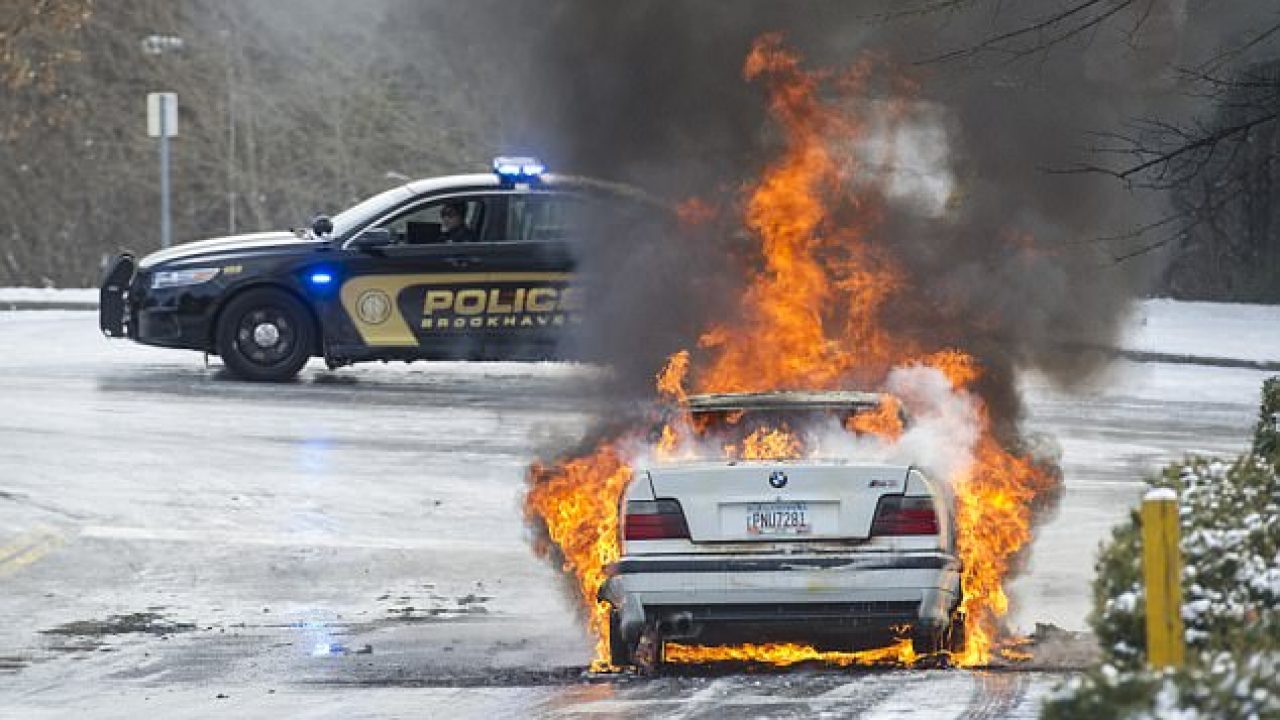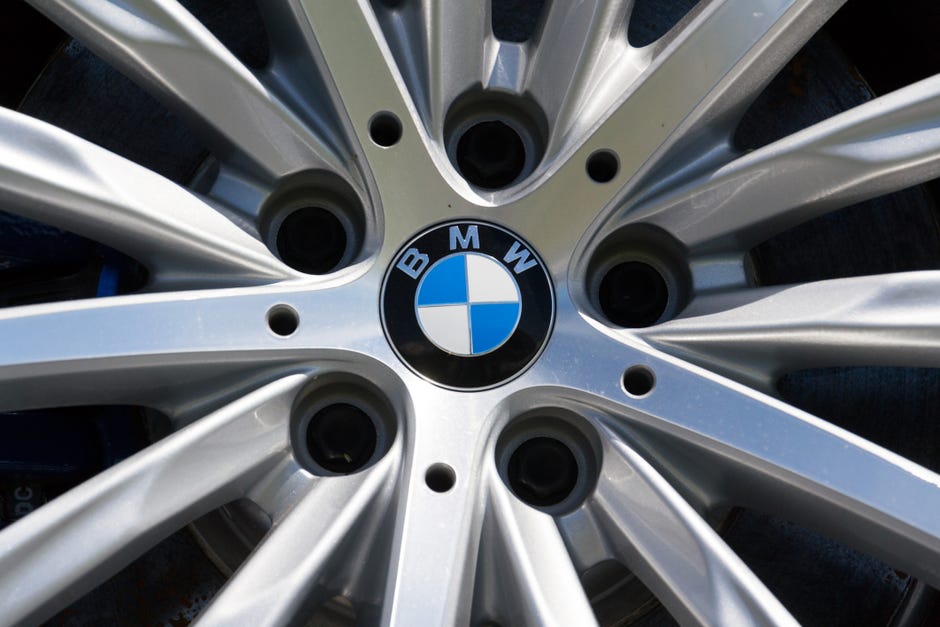BMW is upgrading roughly 1 million passenger vehicles owing to an engine exhaust that may ignite and raise fire hazards. As per a BMW spokesperson, about 917,000 sedans and SUVs in the United States are being returned, along with an additional 98,000 vehicles in Canada and 18,000 in South Korea. The vehicles, according to the US National Highway Traffic Safety Administration, are vulnerable to an electrical breakdown in their pistons valve heat exchanger. This abnormality can cause overheating and perhaps a disaster over time if the vehicle is stationary or in use.

If a passenger detects smoking or smoldering plastics or observes smoke coming from the engines, they must stopover to a safe position, stop the car, and leave the car, according to BMW. BMW began receiving complaints of blistering in the cylinder compartments of vehicles subjected to a prior recall in 2019. By the end of last month, it had been found that variances in supplier manufacturing and procedure might result in valve warmers becoming destroyed over time. The manufacturer opted to do a recall notice around a week ago.

The recently patched couplings may have been lacking their high-temperature adhesive wrapping, which might induce tube degradation after lengthy usage and result in the reported earlier gasoline leak. Fortunately, the solution is straightforward: simply replace the line with a fresh portion. A solution is being devised, and customers will probably be notified by next month that the patch will be completed for free at BMW shops. According to a spokeswoman, the patch should be accessible by mid-year.

Many cars serviced under previous warnings will require a new patch, which is now being designed, according to BMW, who added that the solution and enough stock of components are anticipated by mid-2022. BMW stated that some already mentioned automobiles are not affected by the current recall because they were manufactured with an updated PCV valve heater configuration. A spate of fire incidents in formerly recalled BMW automobiles that had been fixed triggered the latest recall. BMW stated that its study revealed that supplier manufacturing difficulties might result in PCV valve heating degradation in the operation.


